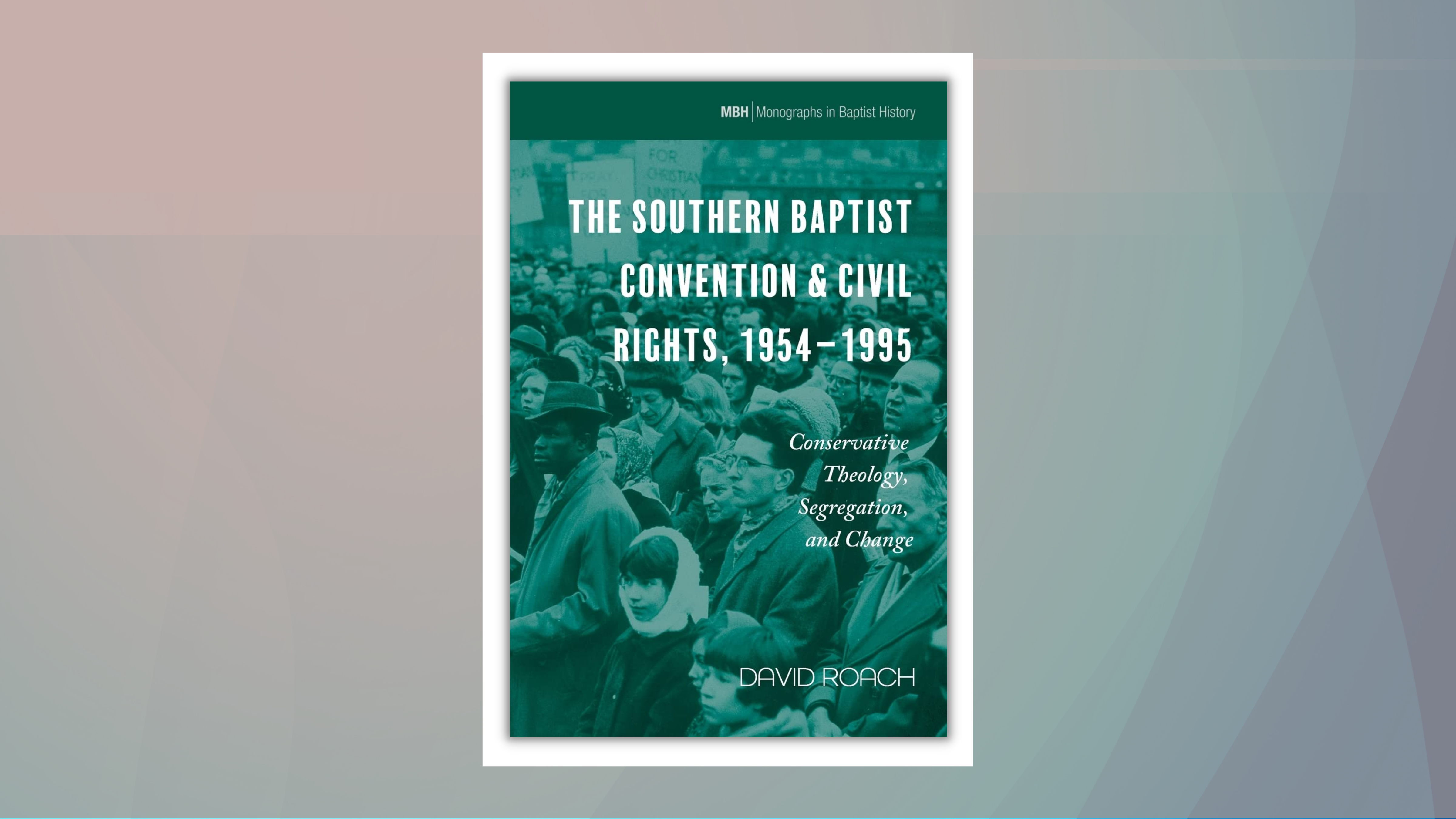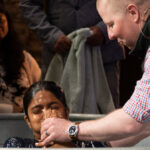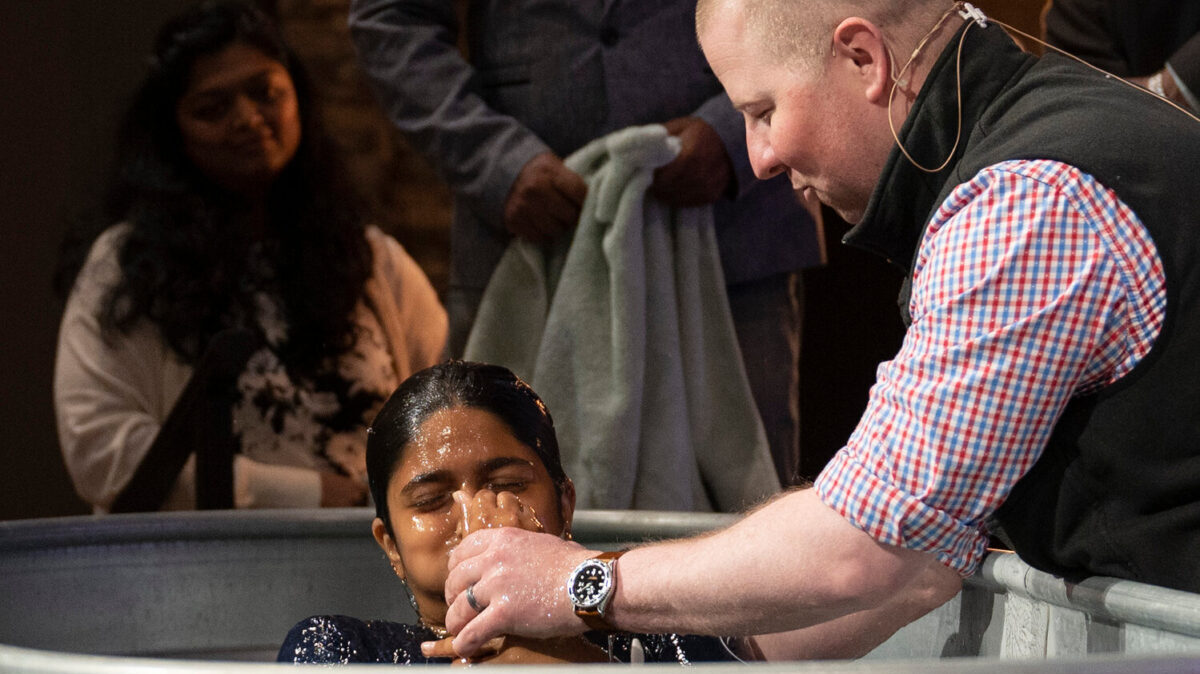David Roach has written a thorough history of Southern Baptist views on segregation and paints a detailed picture of how those views shifted over the latter half of the 20th century.
The general belief in equality was not foreign to Southern Baptists, Roach writes: “They called for evangelization of all races, Christian treatment of all races, and ministerial education for all races.” Yet, as he notes in “The Southern Baptist Convention & Civil Rights, 1954-1995: Conservative Theology, Segregation and Change,” “at the same time, they were segregationists who did not recognize the conflict between their general beliefs and their specific beliefs regarding African Americans.”
Roach, senior pastor of Shiloh Baptist Church in Saraland, Alabama, details efforts to address segregation in Baptist churches and institutions, specifically in the era leading up to the Brown vs. Board of Education Supreme Court decision that desegregated public schools, concluding with a resolution adopted at the 1995 SBC annual meeting repenting of past racism within the denomination.
Though there were social pressures at work in these shifts, Roach presents the case that churches were more likely to respond to the need for change when the issues were approached in alignment with conservative theology.
In a chapter on seminaries, for example, Roach noted that discussions of race that “appealed to traditional evangelical doctrines such as creation in the image of God, the death of Christ for all, and the unity of the church” were more effective for Southern Baptists than appeals to social gospel.
Roach holds a Ph.D. in church history from Southern Baptist Theological Seminary in Louisville, Kentucky.










